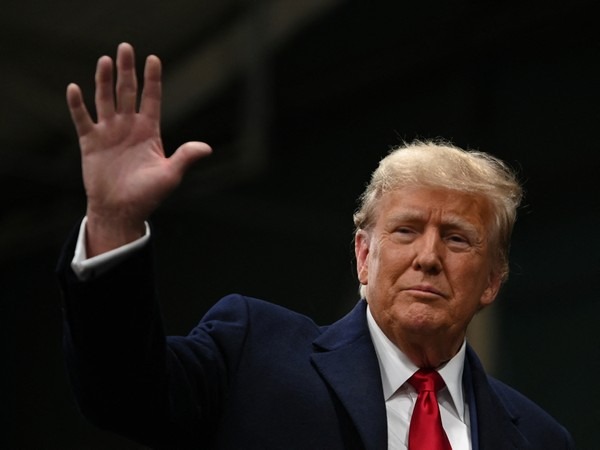Trump's Economic Shockwaves: Global Market Implications
Donald Trump's victory as U.S. president has potential global economic consequences. His policies, including trade tariffs and deregulation, could impact inflation, growth, and interest rates worldwide, posing a threat to U.S. and global financial stability.

The election of Donald Trump as the upcoming U.S. president brings a wave of potential economic shifts worldwide. His promises of trade tariffs, deregulation, and focused demands on NATO partners could noticeably affect global markets, influencing aspects like inflation and interest rates.
Trump's initiatives, highlighted by substantial import duties, may stifle international trade, hamper economic growth for exporters, and burden public finances globally. Concerns arise about higher U.S. inflation prompting a more stringent monetary policy from the Federal Reserve.
With emerging markets heavily dependent on dollar funding, Trump's approaches could make borrowing costlier, intensifying existing challenges, especially for nations like Mexico. Meanwhile, regions like Europe might face increased defense costs and trade barriers, compounding financial strains.
(With inputs from agencies.)
ALSO READ
World Bank Report Highlights Climate Action as Key Driver of Economic Growth in Senegal’s Vision 2050 Plan
Nagaland's Ambitious Funding Request: A Vision for Economic Growth
Kamala Harris Faces Union Setback Amid Rising Inflation Woes
RBI's Neutral Stance: Preparing for Inflation Challenges Ahead
Political Shake-Up and Inflation Fears Spike Euro Yields










